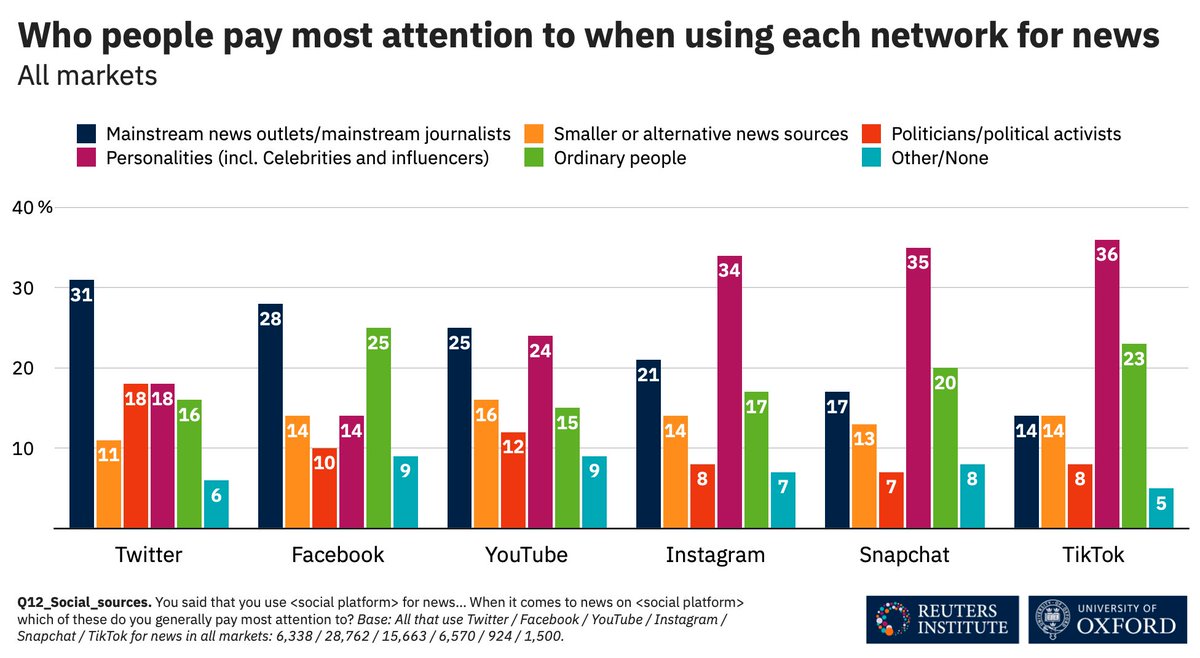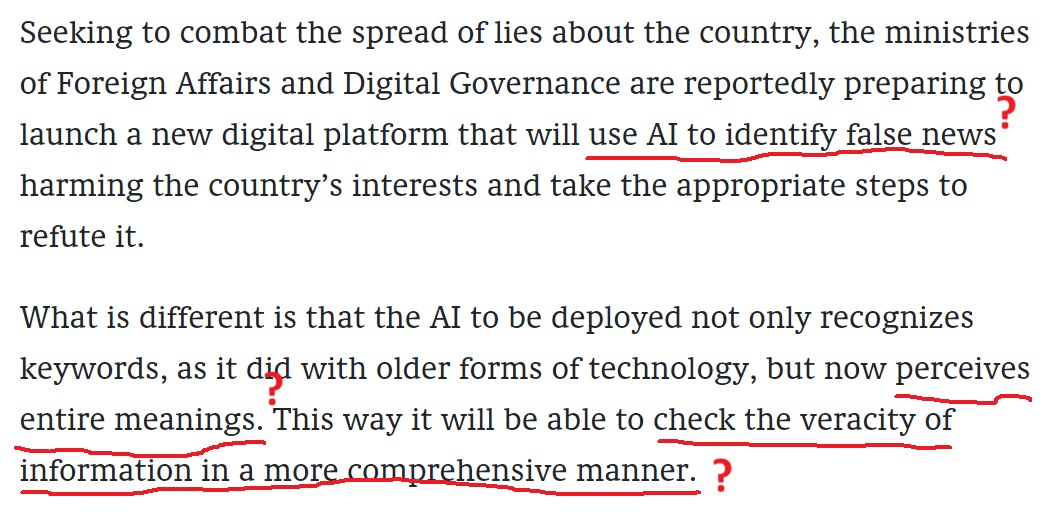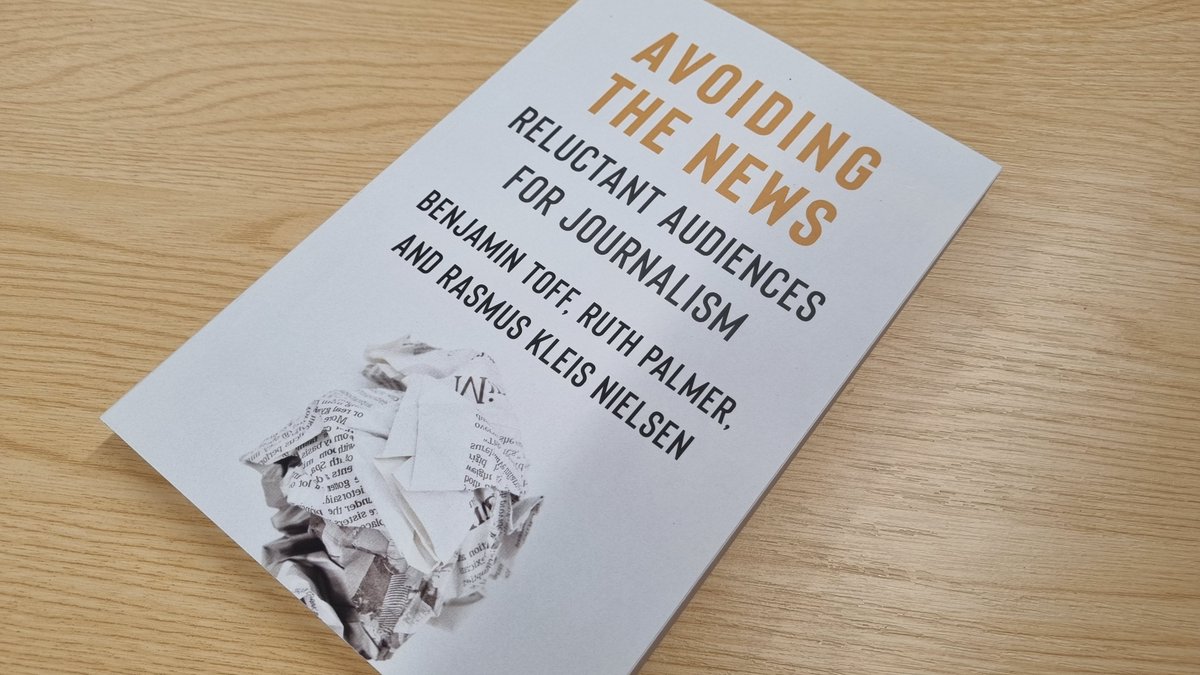2021 Digital News Report out now. So proud to be part of this teamwork
We cover 46 markets that account for more than half of world's population, including six new countries in the Global South
Full report reutersinstitute.politics.ox.ac.uk/digital-news-r…
Follow #DNR21
And a few highlights in thread 1/9
We cover 46 markets that account for more than half of world's population, including six new countries in the Global South
Full report reutersinstitute.politics.ox.ac.uk/digital-news-r…
Follow #DNR21
And a few highlights in thread 1/9

Trust in the news has grown, on average, by six percentage points in wake of Coronavirus pandemic.
Across 46 markets, 44% say they trust most news most of the time (back to 2018-levels).
No similar growth for news on e.g social means the "trust gap" with platforms has grown 2/9
Across 46 markets, 44% say they trust most news most of the time (back to 2018-levels).
No similar growth for news on e.g social means the "trust gap" with platforms has grown 2/9

Most news media saw a surge in audience during pandemic and lockdowns, but can they retain that audience as situation evolves?
We looked at how many brands have a significantly higher reach in early 2021 than early 2020, and find more trusted brands have often done better. 3/9
We looked at how many brands have a significantly higher reach in early 2021 than early 2020, and find more trusted brands have often done better. 3/9

Despite trust gap+concerns over misinformation, distributed discovery is growing ever more important as the pandemic has accelerated the move to more digital, mobile, and platform-dominated media environment.
Just 25% say going direct is their main way to access online news. 4/9
Just 25% say going direct is their main way to access online news. 4/9

As Facebook, while still important, is less used for news, a slew of other platforms are growing in importance.
But on growing networks such as TikTok, Snapchat, and Instagram, influencers & alternative sources seem to command more attention than mainstream media+journalists 5/9
But on growing networks such as TikTok, Snapchat, and Instagram, influencers & alternative sources seem to command more attention than mainstream media+journalists 5/9

There is some increase in payment for online news in a few rich countries.
But the overall percentage of people paying remains low.
Annd in most countries, large proportion of digital subscriptions go to just a few big national brands, reinforcing winner-takes-most dynamics 6/9
But the overall percentage of people paying remains low.
Annd in most countries, large proportion of digital subscriptions go to just a few big national brands, reinforcing winner-takes-most dynamics 6/9

Thus, while platforms and some, often big, publishers are doing well, many commercial news media are struggling.
Do the public know, do they find it concerning, and do they want government to step in and support?
Our data suggests that the answers are "no", "no", and "no". 7/9
Do the public know, do they find it concerning, and do they want government to step in and support?
Our data suggests that the answers are "no", "no", and "no". 7/9

Beyond this, proud to be able to include more countries in the Global South this year.
Online polling necessarily limited but we can all learn a lot from countries where news media have long faced political attacks, financial precarity, & users oriented towards mobile+social 8/9
Online polling necessarily limited but we can all learn a lot from countries where news media have long faced political attacks, financial precarity, & users oriented towards mobile+social 8/9

Report lead author is @nicnewman working with @richrdfletcher @annisch @simgandi Craig Robertson and myself.
It is made possible by 16 sponsors, our amazing country partners, and whole @risj_oxford team.
It takes a village and I'm so happy to be part of this particular one. 9/9
It is made possible by 16 sponsors, our amazing country partners, and whole @risj_oxford team.
It takes a village and I'm so happy to be part of this particular one. 9/9

If you like the Digital News Report - and @risj_oxford's work more broadly - please consider giving a donation to our Journalists Under Pressure Fund.
It helps journalists operating in difficult conditions join the program @MeeraSelva1 leads.
Donate here development.ox.ac.uk/donation-baske…
It helps journalists operating in difficult conditions join the program @MeeraSelva1 leads.
Donate here development.ox.ac.uk/donation-baske…

Thanks to the #DNR21 sponsors @BBCNews @BAItweets @UniCanberra @centre_sur @CommvdMedia @EdelmanUK @FrittOrd @GoogleNewsInit @BredowInstitut Korea Press Foundation, @mediasaatio @fcomunav @Ofcom @OSFJournalism @roskildeuni, and to @FundacionGabo for supporting Spanish translation
And all our amazing country partners including @PabloBochon @sorapark @Csquaredfisher @SRSparviero @ikepicone @rodcarro @ColetteB @fjfernandez @zrinjkaperusko @VStetka @kimsc_der @nooraalanne @alicanth @UweHasebrink @HoeligS @antoniskalog @htchen_ @BAItweets @AlessioCornia ...
... @YasuSawaENG @cgicheru1 @Chamacona @halmoe @sardanapal @AnnieM11 @RalucaNRadu @iamedson @simesmith @negredo @alfvara @Mark_Eisenegger @gravesmatter @joyjenkins and more!
• • •
Missing some Tweet in this thread? You can try to
force a refresh











